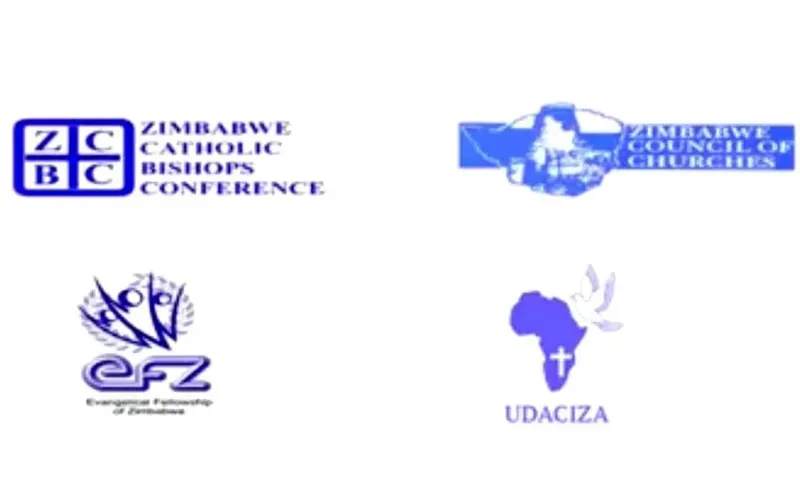The leaders underscore the need for prayers in any election before, during and after the exercise, saying that prayer signifies that despite elections being a human activity, “it is God who knows people’s hearts and can therefore direct the voters.”
There are 133 by-elections due for National Assembly and local authority seats in Zimbabwe, most of which fell vacant following the recall of Members of Parliament and Councilors by the opposition MDC-T party.
Zimbabwean President Emmerson Mnangagwa announced March 26 as the date for the by-elections to fill vacant seats in the National Assembly and various local authorities across the country.
In 2020, the Zimbabwe Electoral Commission (ZEC) had suspended the holding of by-elections in line with government COVID-19 regulations, banning huge gatherings to curb the spread of the pandemic.
According to the ZHOCD officials, the seats subject to by-elections became vacant following the recall of some parliamentarians and local authority representatives whilst some were due to natural causes.
The officials further acknowledge the nomination process that was done January 26 and say that it was done well as the campaigning by candidates is already in the process.
“We are aware that the nomination process for the by-elections was fulfilled on the 26th of January 2022 in line with the dictates of the electoral laws in Zimbabwe,” the officials say, and add, “The process went on well and campaigning by candidates has already started.”
The Christian leaders express their understanding of elections being a constitutional process, which they say is to ensure that the power of the electorate in choosing their parliamentary or local authority representatives remains with them.
In their February 9 statement, the Christian leaders say they find it encouraging that citizens from across the political divide were making preparations to participate in the by-election exercise.
They express optimism that the by-elections, just like other elections in the country, will be guided by the “secrecy of the ballot” and the “principle of non-discrimination” because “voters must be allowed to cast their ballot without regard to their race, sex, political allegiance, religion, national origin, language or any other basis.”








